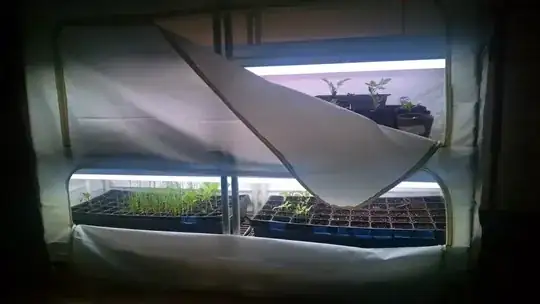I have a rainbird drip system for my raised vegetable bed. Some of the drips are blocking the water to go through to the plant (seems like it is blocked). I replaced the drip and now water goes through. My question is whether I can fix these drips rather than throwing them away. 
- 7,844
- 6
- 32
- 72
-
You probably got fine particles of sand in there, so use a fine sand filter on your hose. Otherwise take a paperclip, push it into both holes at different times to see if you can get the sand out. – Bulrush Jun 07 '16 at 13:26
2 Answers
If your water is hard, you may find that calcium deposits have blocked the holes. Perhaps you can soak them into a vinegar solution of distilled/rain water over night to see if you can dissolve the concretions.
Or, even try coca cola ... though I don't know what all those acids will do to your drippers.
And you perhaps should put some kind of filter on the tap so that particulates don't end up down in the drippers.
- 23,044
- 5
- 36
- 92
-
Plastics are mostly impervious to any acids the average person will find. Rubber gaskets, however, could be damaged though. – Bulrush Jun 07 '16 at 13:25
Use a 150 mesh screen filter on your water source to keep out sediment.
Also, if this isn't city or well water, you can have issues with algae growing in the lines and clogging the drips.
There are several types of emitters available. Fixed orifice types are the cheapest and most prone to clog.
Use pressure compensating self cleaning drip emitters, the PC diaphragm allows them to clear themselves whenever there's a pressure fluctuation (start of irrigation cycle).
If the PC emitters don't work out, use flag emitters, the flag can be turned 1/4 turn to pull the core out, allowing manually cleaning of the labyrinth flow channels.
Dealing with mineral buildup is answered in the other answer, flag emitters are the easiest to give this treatment.
- 3,933
- 17
- 19